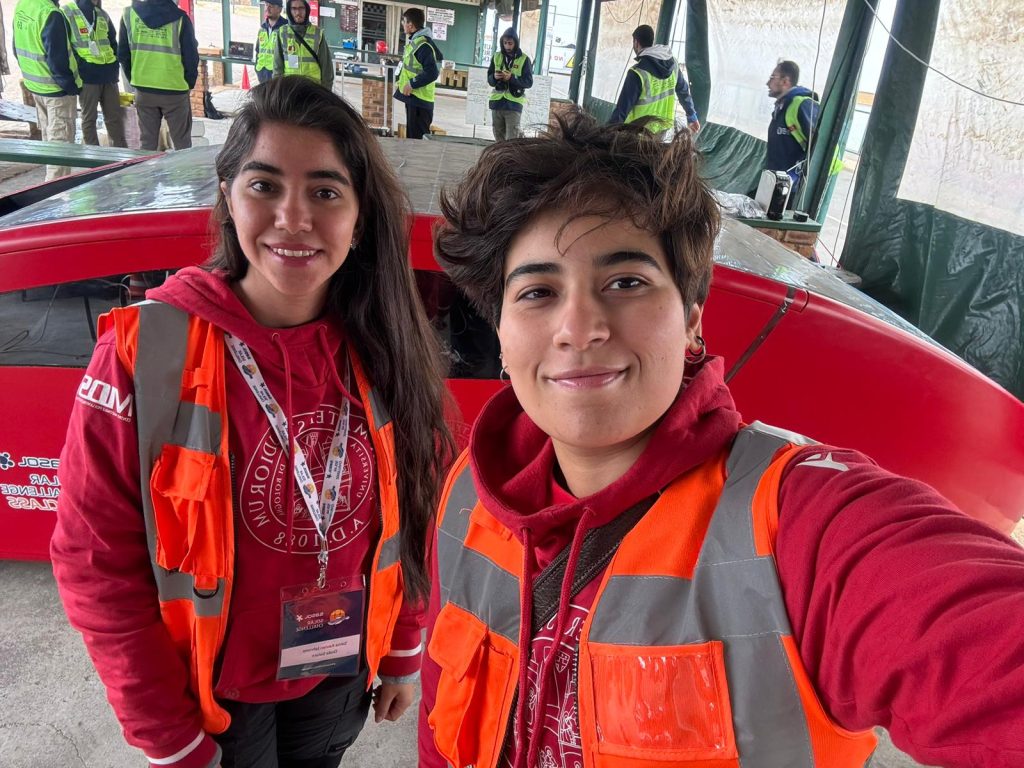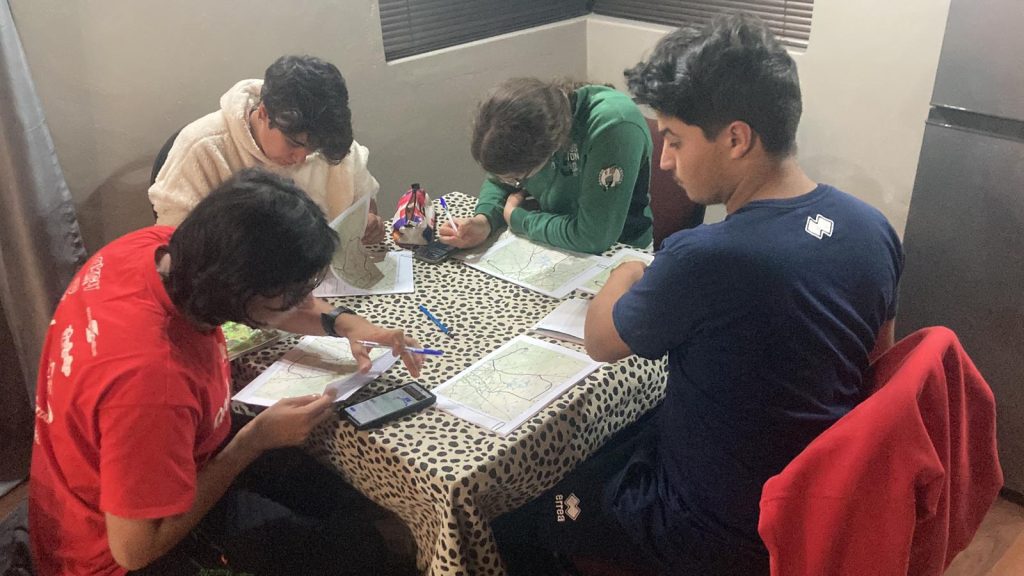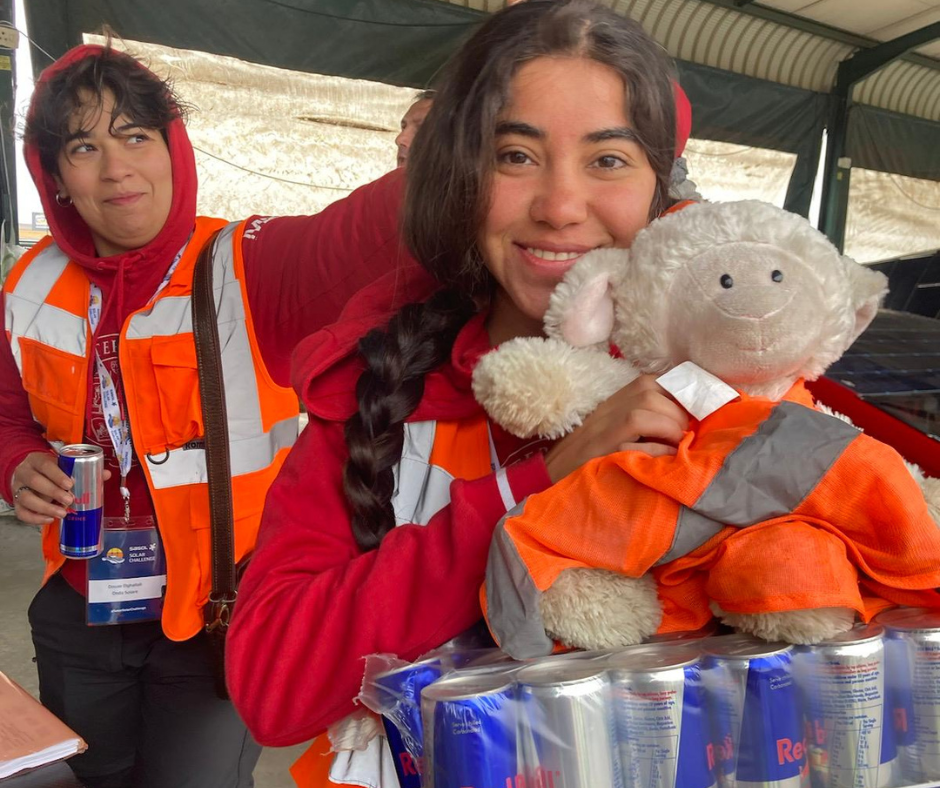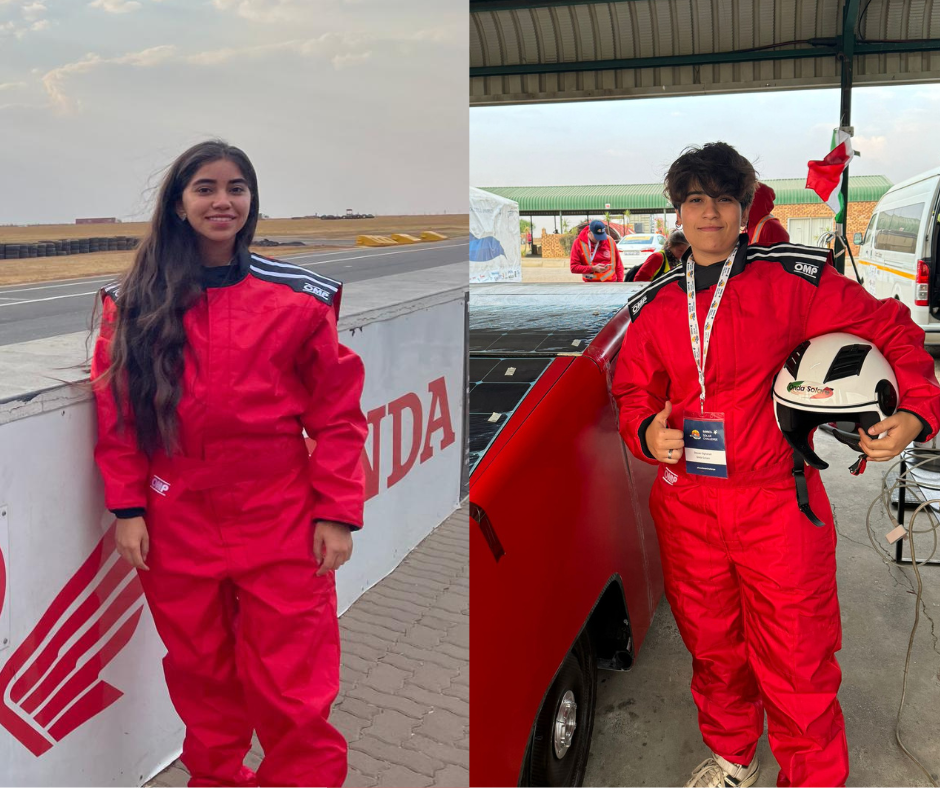Zeerust, Sudafrica,14 settembre 2024.
Come già abbiamo avuto modo di sottolineare, il Paese che stiamo attraversando è un complesso groviglio di contrasti e barriere. Fra quest’ultime c’è anche quella linguistica: in Sudafrica gli idiomi ufficiali sono ben undici, un numero impressionante. Senza consultare Google ci sentiremmo di scommettere che poche nazioni al mondo vantino un primato del genere.
Le lingue sono come muri, senza una chiave interpretativa diventano invalicabili, le costrizioni relative al loro utilizzo possono generare tensioni, rancori difficilmente sanabili e persino odio razziale, come nel caso dell’afrikaans.
Ora immaginate di essere degli alieni e di venire catapultati in posto molto lontano da casa dove si comunica con fonemi, sistemi sintattici e convenzioni grammaticali completamente diverse dalla vostra. Continuate l’esercizio di immedesimazione pensando di essere – nel caso non lo siate già – una giovane ragazza inserita in un contesto nazionale dalla forte matrice patriarcale.

Se riusciste a concepire una situazione del genere, allora avrete una vaga idea della situazione vissuta da Saina e Douae, studentesse – rispettivamente iraniana e marocchina – del corso magistrale in Ingegneria meccanica presso l’Università di Bologna, nonché volontarie all’interno del team di Onda Solare.
Essere ragazze intelligenti, spigliate e poliglotte può non essere sufficiente per un inserimento socio-culturale completo, anche e soprattutto per la barriera linguistica.
La scolarizzazione anglofona in Italia è insufficiente, siamo ben lontani dall’essere una società veramente multiculturale e, inoltre, esiste una triste consuetudine – marcatamente nostrana – di non utilizzare l’inglese in presenza di individui incapaci di parlare la nostra lingua.
Le motivazioni sono le più disparate: pigrizia, vergogna per le proprie lacune, “effetto branco”.
Il risultato finale è sempre lo stesso: isolamento, frustrazione, scoramento.
Saina e Douae sono ragazze brillanti, dopo nemmeno un anno hanno già una discreta comprensione dell’italiano e, se coinvolte, riescono agevolmente a fare gruppo e a contribuire alla causa dell’associazione patrocinata da MOST – Centro Nazionale per la Mobilità Sostenibile e Università di Bologna.
In Onda Solare, la situazione linguistica è frammentaria: alcuni parlano correntemente inglese, altri non lo hanno mai studiato, e nel mezzo c’è una discreta area grigia di situazioni ibride.
Nel corso delle sessioni in officina o durante i briefing c’è sempre qualcuno accanto a loro per provvedere alla traduzione in inglese. Gli anglofoni più fluenti, come nei casi di Giulia, Morena, Stefano, Giangiacomo, sono coloro che si prendono maggiormente la responsabilità di conversare, spiegare, coinvolgere.

Ma le barriere sono infide, si sgretolano difficilmente, hanno fondamenta solide.
Le panacee ideale per problemi del genere sono proprio le trasferte come quella che stiamo affrontando qui in Sudafrica, terra di distese infinite e melting pot impazziti.
Essere in un terreno “neutro” dalla forte matrice britannica, per ovvie ragioni, da questo punto di vista rappresenta un bonus.
E, allora, tra un piano strategico condiviso con tutto il gruppo, una battuta e un – ironico e affettuoso – appellativo, la barriera può cominciare a creparsi, sperando di vederla un giorno in polvere e frantumi.
Emilia 5, per fortuna, non conosce ostacoli o muri, non parla lingue se non quella del Sole e del vento. La ragazza su gomme di rosso vestita, anche al secondo giorno della Sasol – Solar Challenge continua a correre – leggera ed elegante – in mezzo agli aridi sali-scendi africani.
La strada è ancora lunga: ci sentiamo alla prossima pagina di diario.
________
As we have already had the chance to underline, the country we are traveling through is a tangle of contrasts and barriers. One of them is the linguistic one: in South Africa there are eleven official languages: an impressive number. Without consulting Google we would bet that just few nations in the world have such a record.
Languages are like walls, without an interpretative key they become unpassable, the constraints relating to their use can generate tensions, resentments that are difficult to heal and even racial hatred, as in the case of Afrikaans.
Now imagine being an alien being catapulted to a place very far from home where people communicate with phonemes, syntactic systems and grammatical conventions completely different from yours. Continue the identification exercise by thinking that you are – in case you are not already – a young girl inserted in this context with a strong patriarchal matrix.

If you can imagine such a context, then you’ll have an idea of the situation experienced by Saina and Douae, students – Iranian and Moroccan respectively – of the master’s degree in Mechanical Engineering at the University of Bologna and volunteers in Onda Solare.
Being intelligent, confident and multilingual girls may not be sufficient for complete socio-cultural integration, also and above all due to the language barrier.
Anglophone schooling in Italy is insufficient, we are far from being a truly multicultural society and, furthermore, there is a sad custom – markedly local – of not using English in the presence of individuals incapable of speaking our language.
The reasons are the most disparate: laziness, shame for our own linguistic shortcomings and “herd effect” as well. The end result is always the same: isolation, frustration, discouragement.
Saina and Douae are brilliant girls, after less than a year they already have a reasonable understanding of Italian and, if involved, they can easily team up with the other members of the squad and contribute to the cause of the association supported by MOST and University of Bologna.

In Onda Solare, the linguistic situation is fragmented: some speak English fluently, others have never studied it, and in between there is a gray area of hybrid situations. During sessions in the mechanical workshop in Castel San Pietro or during briefings there is always someone next to them to provide the translation into English. The most fluent anglophone speakers, as in the cases of Giulia, Morena, Stefano, Giangiacomo, are those who take the greatest responsibility for conversing, explaining and involving them.
But the barriers are treacherous, they are difficult to crumble, they have solid foundations.
The ideal panaceas for such problems are adventures like the one we are facing here in South Africa, a land of infinite plains and crazy melting pots.
Being in “neutral” ground with a strong cultural and linguistic British heritage, for obvious reasons, represents a bonus.
So, here in Africa, between a strategic plan shared with the whole group, a joke and an – ironic and affectionate – nickname, the barrier can begin to crack, hoping to see it one day in dust and shattered.
Luckily Emilia 5 knows no obstacles or walls, she does not speak any languages other than those of the Sun and the wind. In the second day of the Sasol – Solar Challenge, the red-dressed girl on tires continues to run – light and elegant – through the dry ups and downs of South Africa.
MOST – Centro Nazionale per la mobilità sostenibile through collaboration with 24 universities, CNR and 24 large companies, has the mission of implementing modern, sustainable and inclusive solutions for the entire national territory.
The areas and technological fields of greatest interest in the project are: air mobility, sustainable road vehicles, water transport, rail transport, light vehicles and active mobility. The National Center will take care of making the mobility system more “green” as a whole and more “digital” in its management. It will do so through lightweight solutions and electric and hydrogen propulsion systems; digital systems for the reduction of accidents; more effective solutions for public transport and logistics; a new model of mobility, as a service, accessible and inclusive.

